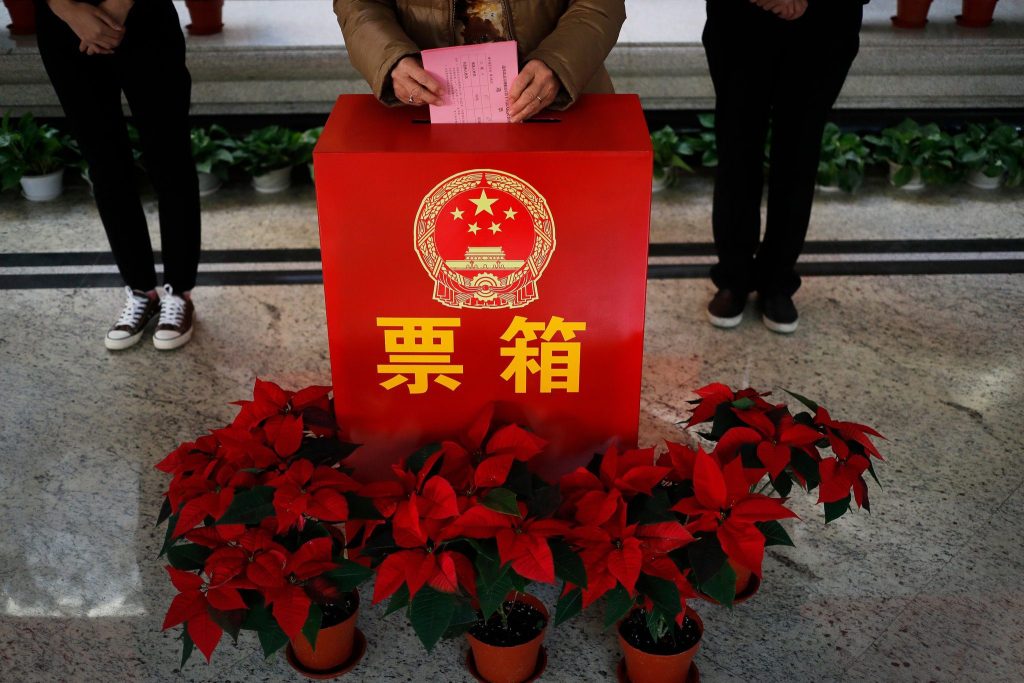
On Friday, March 8, 2024, the Government of the Hong Kong Special Administrative Region (HKSAR) unveiled a controversial Safeguarding National Security Bill (Bill) to discharge the city’s duty under Article 23 of its Basic Law to enact national security legislation and to supplement the Hong Kong National Security Law (HKNSL) that was imposed on the city in 2020. The government’s sprawling proposals would create an array of broadly worded offenses, including treason, insurrection, crimes relating to state secrets, and “external interference,” and generally limit the due process rights of those accused of national security offenses (whether under the Bill, the HKNSL, or any other law).
Continue reading “Legal Inquiry Response: Defining “Central Authorities” in Hong Kong’s Article 23 Legislation”


